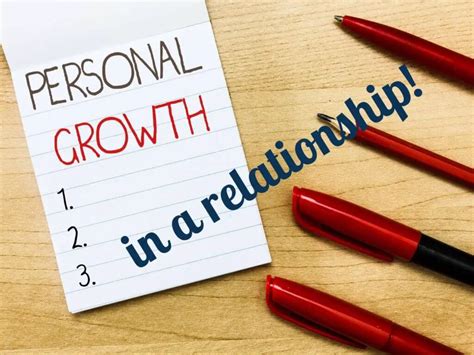Understanding the Dynamics of Conflict
Relationship arguments are an inevitable part of any partnership, but the way they are handled can determine the health and longevity of the relationship. For men, learning effective de-escalation strategies is not just about avoiding conflict, but about fostering deeper understanding, respect, and emotional intimacy. Often, societal expectations or ingrained communication patterns can inadvertently escalate tensions. By adopting specific techniques, men can transform potentially destructive arguments into opportunities for growth and connection.
The Power of a Strategic Pause
One of the most immediate and impactful strategies for de-escalation is to recognize when emotions are running high and to suggest a pause. When an argument becomes heated, both partners are often operating from a place of reactivity rather than rationality. Suggesting a temporary break can prevent things from spiraling out of control.
It’s crucial how this pause is communicated. Instead of saying, “I’m done with this,” which can sound dismissive, try, “I’m feeling overwhelmed right now and want to make sure we can discuss this constructively. Can we take 20 minutes to cool down and then revisit this?” This approach validates your feelings, expresses a commitment to resolution, and sets a clear expectation for returning to the discussion.

Practice Active Listening and Validation
Often, what a partner truly wants during an argument is to feel heard and understood, not necessarily for you to agree with their every point. Active listening involves fully concentrating on what your partner is saying, both verbally and non-verbally, without interrupting or formulating your rebuttal.
After your partner expresses themselves, summarize what you’ve heard in your own words. For example, “So, if I understand correctly, you’re feeling frustrated because you believe I’m not prioritizing our time together.” This shows you’ve paid attention. Follow this with validation, which acknowledges their feelings without necessarily agreeing with their premise: “I can see why you would feel frustrated in that situation.” This simple act can significantly lower emotional intensity.

Utilize “I” Statements to Express Feelings
When an argument escalates, it’s common for both parties to resort to “you” statements, which often sound accusatory: “You always do this!” or “You never listen!” These statements put your partner on the defensive and shut down productive conversation. Instead, shift your language to “I” statements.
“I” statements focus on your own feelings and experiences without assigning blame. For example, instead of “You make me feel unimportant,” try, “I feel unimportant when our plans are changed last minute without discussion.” This allows you to express your needs and emotions in a way that is less threatening and more conducive to your partner hearing you.

Cultivate Empathy and Perspective-Taking
De-escalation heavily relies on the ability to step into your partner’s shoes and try to see the situation from their perspective. Even if you don’t agree with their viewpoint, understanding *why* they feel the way they do can bridge significant gaps. Ask open-ended questions like, “Can you help me understand why this particular issue is so upsetting for you?” or “What are you needing from me in this moment?”
Acknowledging their perspective, even briefly, can diffuse tension. You might say, “I hadn’t thought about it that way before, and I can see how that would be frustrating for you.” This doesn’t mean you’re admitting fault, but rather demonstrating that you value their feelings and are willing to consider their point of view.

Focus on the Problem, Not the Person
Arguments can quickly devolve into personal attacks, dredging up past grievances and criticisms that have little to do with the current issue. To de-escalate, consciously bring the conversation back to the specific problem at hand. If old issues are raised, you can gently steer the conversation by saying, “I understand that’s a concern, but for now, can we focus on finding a solution for [current problem]? We can discuss the other issue later if you’d like.”
Remind yourself and your partner that you are a team facing a problem, not two adversaries. Frame the discussion around mutual solutions rather than assigning blame.
Knowing When to Seek Professional Support
Despite best efforts, some argument patterns can be deeply entrenched and difficult to break without external help. If arguments are frequent, highly destructive, involve personal attacks, or consistently leave one or both partners feeling unheard and unresolved, seeking professional relationship counseling can be a highly effective de-escalation strategy in itself. A neutral third party can provide tools, facilitate communication, and help identify underlying issues that contribute to conflict.

Conclusion
De-escalating relationship arguments is a skill that requires practice, patience, and a genuine commitment to the health of your partnership. By employing strategies such as taking strategic pauses, practicing active listening, using “I” statements, cultivating empathy, and focusing on the problem rather than the person, men can transform potentially damaging conflicts into opportunities for deeper understanding and connection. These techniques not only resolve immediate arguments more effectively but also build a foundation for a stronger, more resilient relationship in the long term.




